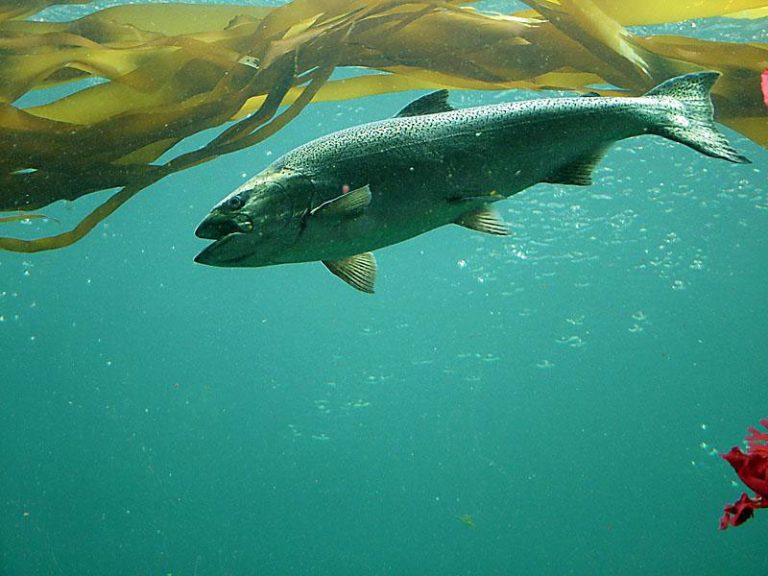Friday, August 15 from 11 am – 1 pm We’re excited to continue the Science of Puget Sound Water Quality workshop series, which explores emerging science and insights to help protect water quality in Puget Sound. Not only does warmer water hold less oxygen, but it simultaneously increases how much oxygen marine species need, so […]
April 2, 2025

Unpacking uncertainty: How experts recommend improving Puget Sound modeling
An external scientific review by independent experts is a common and valuable practice, particularly when the models have significant management implications. This ethos is why peer review is foundational to science in general. By providing an objective assessment, external reviewers can help ensure the models are robust and appropriate for the management decisions they’re being […]
November 7, 2024

Featured paper: Salish Sea Model examines new way to reduce ocean acidification
Mixing and dilution controls on marine CO2 removal using alkalinity enhancement In the human body, dialysis is used to remove waste, a process that helps to reduce acidity in the blood. Scientists are using a similar process to withdraw seawater, remove acid, and return the high alkalinity water to the ocean. Ocean alkalinity enhancement is being […]
September 16, 2024

Modeling climate resilience in coastal communities
Puget Sound Institute research scientist Caitlin Magel is Co-PI on a collaboration with Washington Sea Grant to support the Willapa-Grays Harbor Estuary Collaborative (WGHEC). The project receives $599,533 over 3 years (2024-2027) with funding from NOAA’s Climate and Fisheries Adaptation (CAFA) program. Magel will co-develop a qualitative network model to support scenario planning, management strategies, and adaptation pathways […]
March 25, 2024
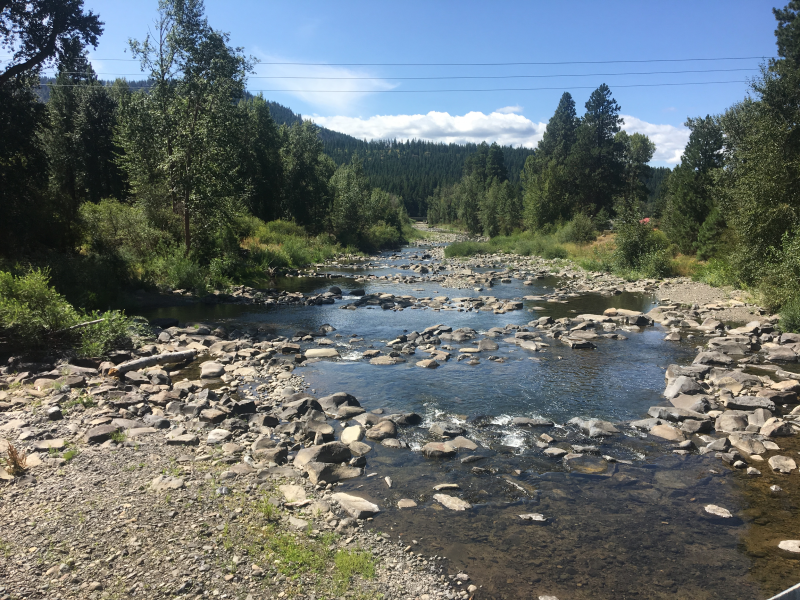
Speaker series continues with focus on groundwater and stream flow models
The Salish Sea Science Roundtable speaker series continues on Tuesday, April 2 from 12:30 – 1:30 pm. The talk is hosted by the Puget Sound Institute and will look at how the Suquamish Tribe is using models such as MODFLOW and VELMA to manage groundwater and stream flows. As climate change intensifies, more frequent heatwaves, reduced snowpack, […]
November 8, 2023

Puget Sound ecosystem holding on, but recovery remains uncertain, says latest status report
Efforts to restore ecological health to Puget Sound have largely failed to meet recovery goals, yet fish and wildlife populations are still hanging on, according to a new report that describes many struggling populations as neither increasing nor decreasing to a significant extent. The latest State of the Sound report, released last week by the […]
September 21, 2023
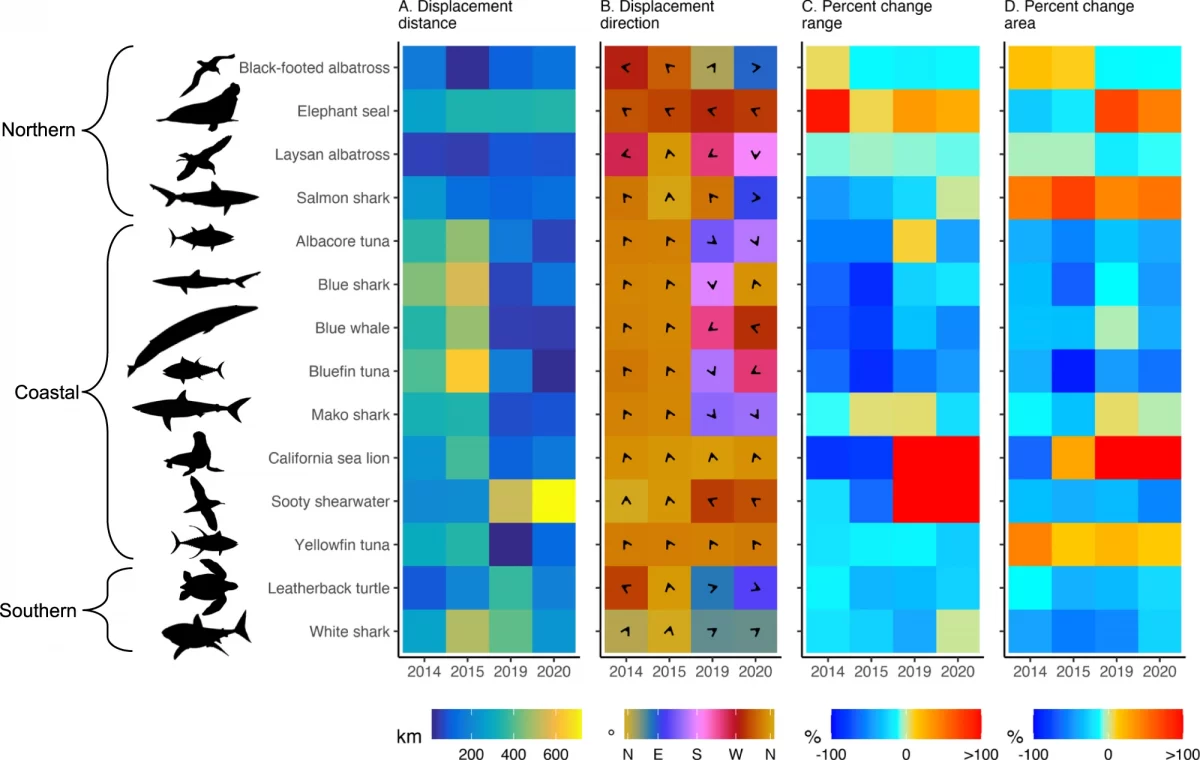
Salish Sea Science Roundtable begins in October
While there are often opportunities to go deep in our respective fields, breakthroughs can come from unexpected connections and interdisciplinary discussions. The Salish Sea Science Roundtable is a virtual monthly seminar inspired by just that. UW Puget Sound Institute is co-convening the roundtable with several organizations, including Fisheries and Oceans Canada. Each month we’ll connect to […]
July 13, 2023
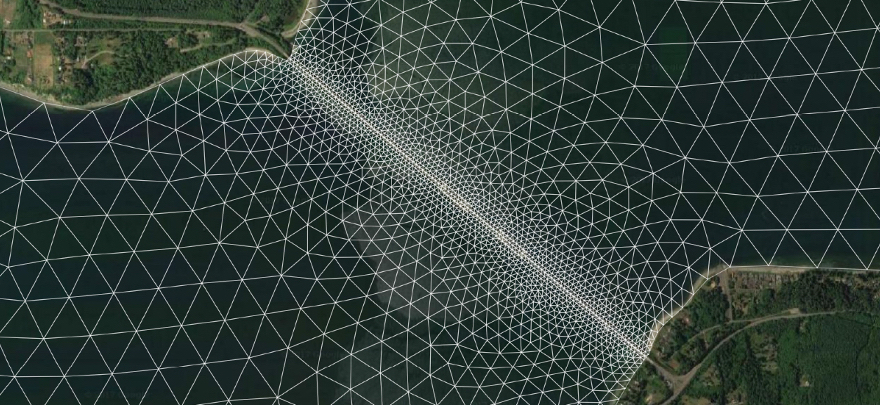
Salish Sea Model tracks pollution, currents and climate change
This article is the latest in a series about computer models and their uses within the Puget Sound ecosystem. Today, we look at the Salish Sea Model, one of several models in the region helping to predict water circulation, water quality and food-web relationships. Read the full series: Where and how the water moves The […]
June 28, 2023
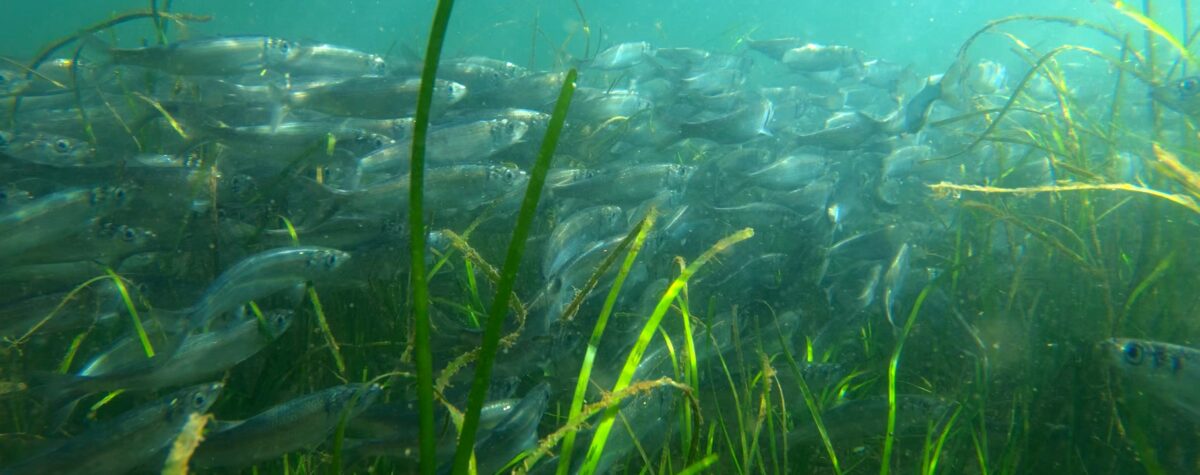
Prey and predators create varying life-or-death conditions for salmon, as shown with Atlantis model
This article is the latest in a series about computer models and their uses within the Puget Sound ecosystem. As scientists uncover more and more information about a particular ecosystem, computer modelers are often eager to put that raw data to good use in complex models tuned to local conditions. One highly acclaimed model, called […]
June 15, 2023
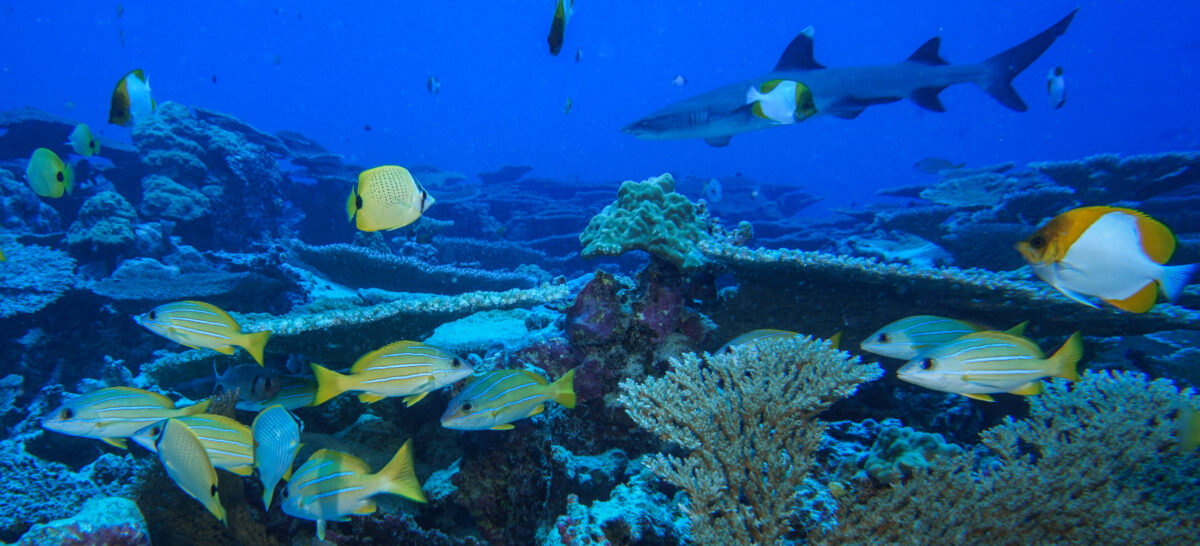
Quantitative models, including Ecopath, take food web studies to a higher level of analysis
As part of a project exploring the technical uncertainties surrounding Puget Sound water quality, we are reviewing how computer models are used to advance our understanding of natural systems. This blog post is part of a series focused on different models and their uses within the Puget Sound ecosystem. The project is jointly sponsored by King […]

